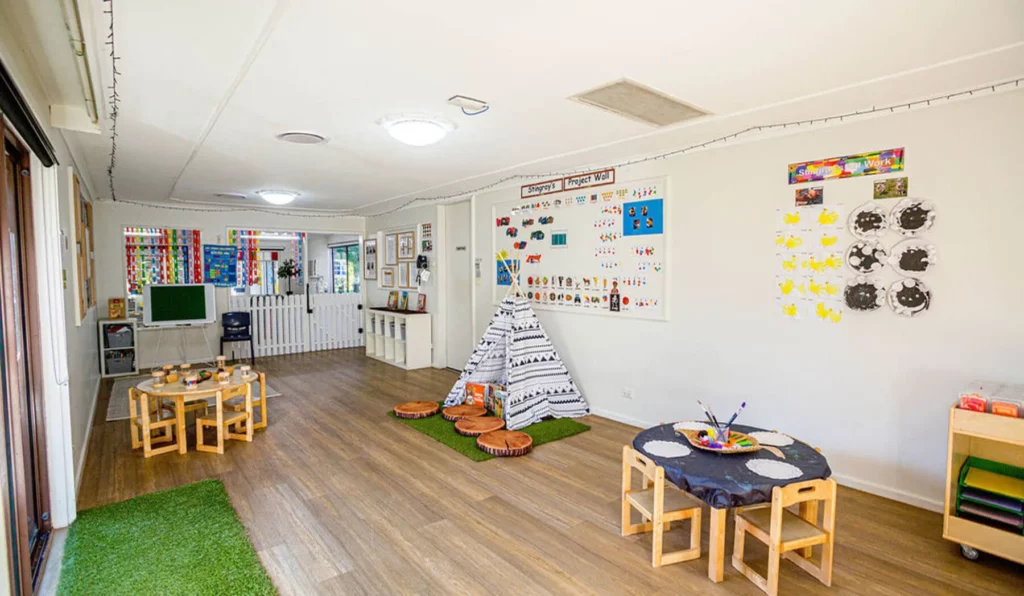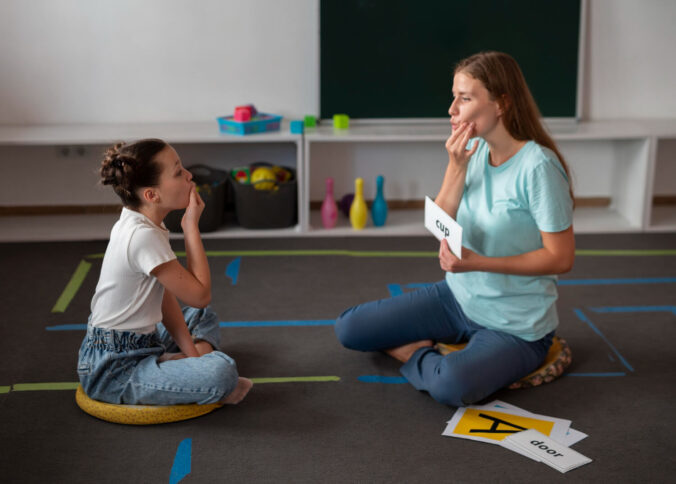The National Disability Insurance Scheme (NDIS) has transformed the landscape of support for children with developmental challenges in Australia. In Castle Hill, parents seeking assistance for their children’s speech and language development can find a wealth of resources, particularly through NDIS-funded speech therapy. This article aims to provide comprehensive insights into what parents should know about NDIS speech therapy for kids in Castle Hill, including eligibility, the benefits of speech therapy, and how to navigate the NDIS system effectively.
Understanding NDIS and Its Relevance to Speech Therapy
What is the NDIS?
The National Disability Insurance Scheme (NDIS) is an Australian government initiative designed to provide support to individuals with disabilities, including children. It offers funding for various services and therapies, including NDIS speech therapy, to help participants achieve their goals and improve their quality of life. The NDIS is person-centred, meaning that the support is tailored to the individual needs of each child.
For children with speech and language difficulties, the NDIS can provide access to essential services that may not be affordable otherwise. This funding is crucial in ensuring that children receive the necessary support to develop their communication skills, which are vital for their social interactions and academic success.
Eligibility for NDIS Funding
To access NDIS funding for speech therapy, children must meet specific eligibility criteria. Generally, they need to be under 65 years of age, be an Australian citizen or permanent resident, and have a permanent and significant disability that affects their daily functioning. For speech therapy, this often includes children with conditions such as autism spectrum disorder, developmental language disorder, or other communication impairments.
Parents can initiate the application process by contacting the NDIS directly or through a local area coordinator. It is essential to gather relevant documentation, including medical reports and assessments from speech pathologists, to support the application. Once approved, families will receive a personalised plan outlining the funding available for speech therapy services.
The Importance of Speech Therapy for Children
Benefits of Speech Therapy
Speech therapy plays a crucial role in helping children overcome communication challenges. It not only focuses on improving speech clarity but also addresses language comprehension, social communication skills, and the ability to express thoughts and feelings effectively. Early intervention through speech therapy can lead to significant improvements in a child’s overall development.
Some of the key benefits of speech therapy include:
- Enhanced Communication Skills: Children learn to articulate their thoughts clearly, making it easier for them to engage with peers and adults.
- Improved Social Interaction: Speech therapy helps children develop the skills needed for effective social interactions, including turn-taking in conversations and understanding non-verbal cues.
- Boosted Confidence: As children improve their communication abilities, their self-esteem often increases, leading to better participation in social and academic settings.
- Academic Success: Strong communication skills are foundational for learning. Children who receive speech therapy are often better equipped to succeed in school.
Types of Speech Therapy Services Available
In Castle Hill, various speech therapy services are available to cater to the diverse needs of children. These services can include:
- Individual Therapy: One-on-one sessions with a qualified speech pathologist focused on the child’s specific needs.
- Group Therapy: Sessions that promote social interaction among peers while working on communication skills.
- Teletherapy: Remote sessions conducted via video calls, providing flexibility for families who may have difficulty attending in person.
- Parent Training: Workshops and resources for parents to learn strategies to support their child’s communication development at home.
Navigating the NDIS Process for Speech Therapy
Creating an NDIS Plan
Once a child is deemed eligible for NDIS funding, the next step is to create an NDIS plan. This plan outlines the specific supports and services the child will receive, including speech therapy. During the planning meeting, parents should be prepared to discuss their child’s needs, goals, and any recommendations from healthcare professionals.
It is beneficial to bring along any assessments or reports that highlight the child’s communication challenges. This documentation can help the NDIS planner understand the necessity of speech therapy in the child’s overall development. Parents should also consider setting measurable goals for their child, as this can guide the therapy process and demonstrate progress over time.
Choosing the Right Speech Therapist
Selecting the right speech therapist is crucial for the success of the therapy. Parents should look for qualified professionals who are registered with Speech Pathology Australia and have experience working with children with similar needs. It is advisable to schedule initial consultations with potential therapists to discuss their approach, experience, and the specific techniques they use.
Additionally, parents should consider the therapist’s location, availability, and whether they offer services that align with the child’s needs, such as individual or group therapy. Building a rapport between the therapist and the child is essential, as a positive relationship can enhance the effectiveness of the therapy.

Tips for Supporting Your Child’s Speech Development at Home
Engaging in Daily Conversations
One of the most effective ways to support a child’s speech development is through regular conversations. Parents should engage their children in discussions about their day, interests, and feelings. This practice not only encourages language use but also helps children learn new vocabulary and sentence structures.
Using open-ended questions can stimulate conversation and encourage children to express themselves more fully. For example, instead of asking, “Did you have fun at school?” parents can ask, “What was the best part of your day at school?” This approach promotes critical thinking and language skills.
Incorporating Play into Learning
Play is a powerful tool for learning, and incorporating speech and language activities into playtime can be highly beneficial. Parents can use games, storytelling, and role-playing to create opportunities for their children to practice their communication skills in a fun and engaging way.
For instance, playing with dolls or action figures can encourage children to narrate stories, while board games that require turn-taking can enhance social communication skills. Reading together is another excellent way to foster language development, as it exposes children to new vocabulary and concepts.
Resources for Parents in Castle Hill
Local Speech Therapy Services
Castle Hill boasts a range of speech therapy services that cater to children’s diverse needs. Parents can explore local clinics, private practitioners, and community health services that offer NDIS-funded speech therapy. Researching online, reading reviews, and seeking recommendations from other parents can help in finding the right service.
Support Groups and Networks
Connecting with other parents who are navigating similar challenges can provide invaluable support. Various local support groups and online forums exist where parents can share experiences, resources, and advice. These networks can also offer emotional support and encouragement, which is essential for families facing the complexities of speech and language difficulties.

Conclusion
NDIS speech therapy offers vital support for children in Castle Hill facing communication challenges. By understanding the NDIS process, the benefits of speech therapy, and how to support their child’s development at home, parents can play an active role in their child’s journey towards improved communication skills. With the right resources and support, children can thrive and reach their full potential.
Read more related topic




